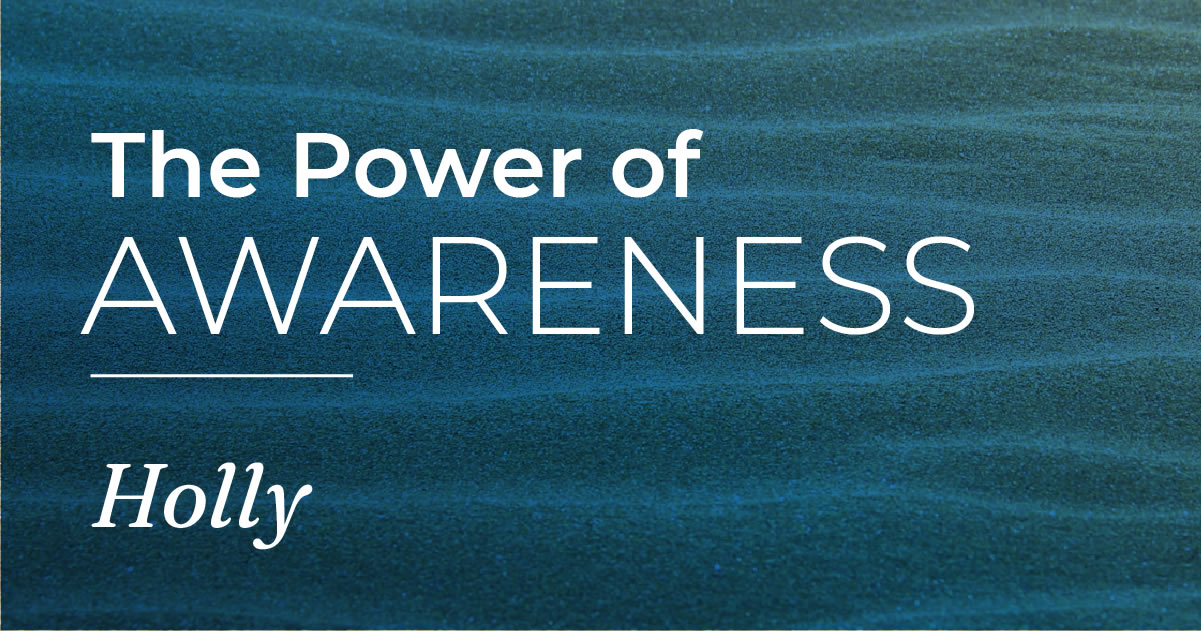10 Stories for 10 Years
The world can be scary when you feel you don’t have a place in it. What’s scarier is when you feel you don’t have a place in your family.
“Lilia” was the middle child of three daughters. She was born in Mexico, and moved to the rural Midwest with her family when she was nine. Being in a new country, she struggled to fit in at school and questioned her place in her new community. But, despite the change in physical location, home felt as it did in Mexico — warm, familiar, and comforting. That all changed at 15 years old when she came out to her family as gay.
Lilia’s parents didn’t approve of her sexual orientation. Being gay was not “normal” in their family. Life at home began resembling that of school — tense, awkward, and demoralizing. And with the added financial stressors and language barriers between her and her family, she felt like a burden weighing them down. Thoughts and ideations around suicide flooded in. She felt “It would be better for everyone if I were not around” and thought about overdosing on medication.
Lilia’s teacher noticed this change and referred her to the mental health clinic at her school. Her clinician knew the “traditional approach to suicide treatment was not going to cut it,” and introduced CAMS 4-Teens® to “fully understand the depth and breadth of this suicidal crisis.” CAMS 4-Teens® also includes a strong emphasis on family support. Lilia’s parents were not accustomed to talking about mental health and were hostile towards her receiving therapy. In fact, her father didn’t believe a child was capable of having suicidal thoughts.
Managing access to her medication was difficult. Her medication was life affirming yet her suicidal ideation included thoughts of using that medication for an overdose attempt. Her clinician found comfort in CAMS’ collaborative approach, noting it was “useful in constructing a practical lethal means safety plan to guide clinical decision making.”
The CAMS Framework® helped Lilia communicate the severity of her pain to her family through honest and vulnerable conversations. It also offered an avenue to collectively find and commit to a resolution through small, actionable steps. Lilia’s parents learned how to best support her. They learned to appreciate the value of mental health. And they learned to understand the individuality of their daughter, showing her acceptance, support, and unconditional love. And little by little, Lilia found her place again.

